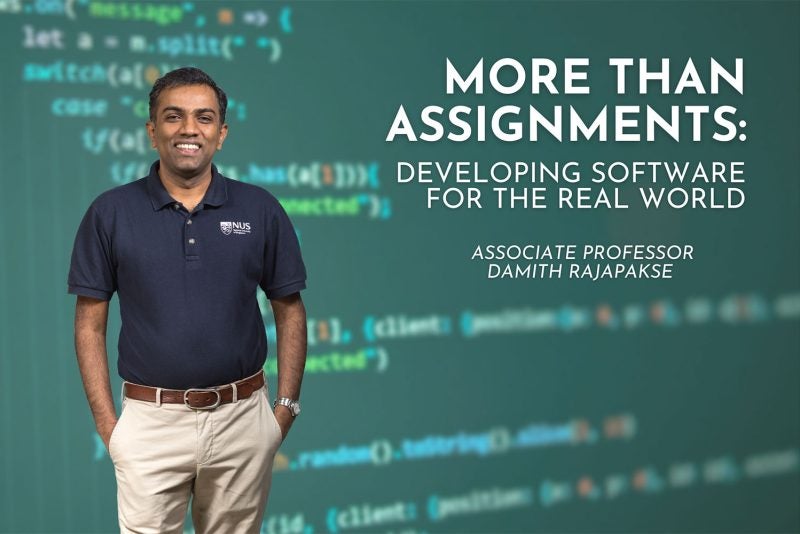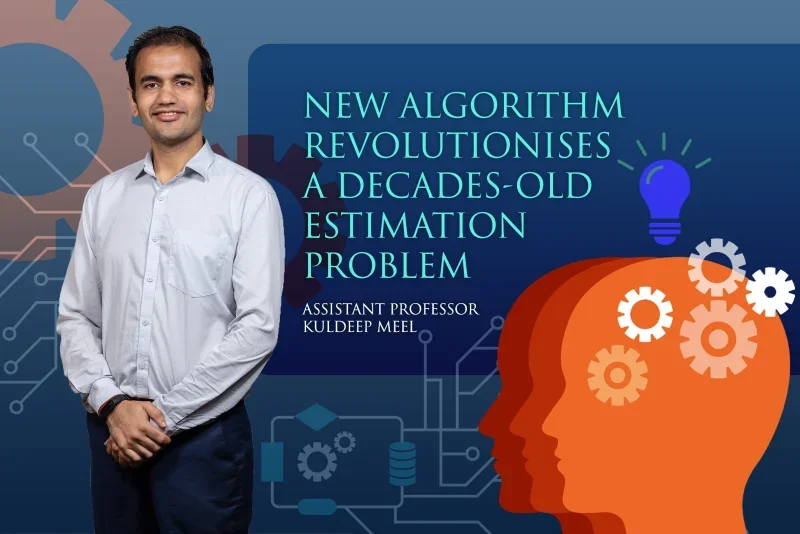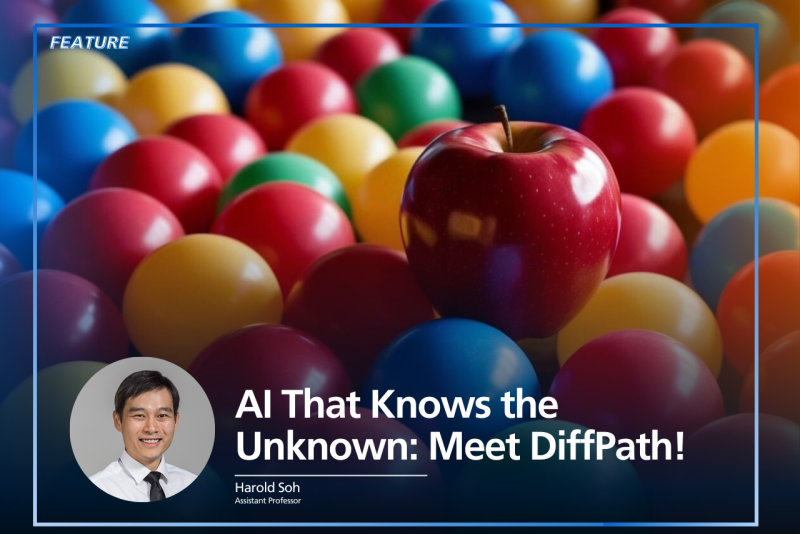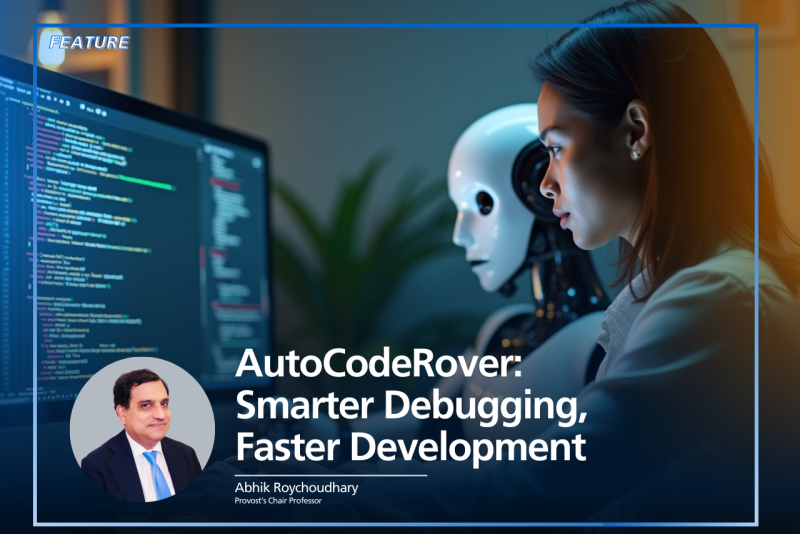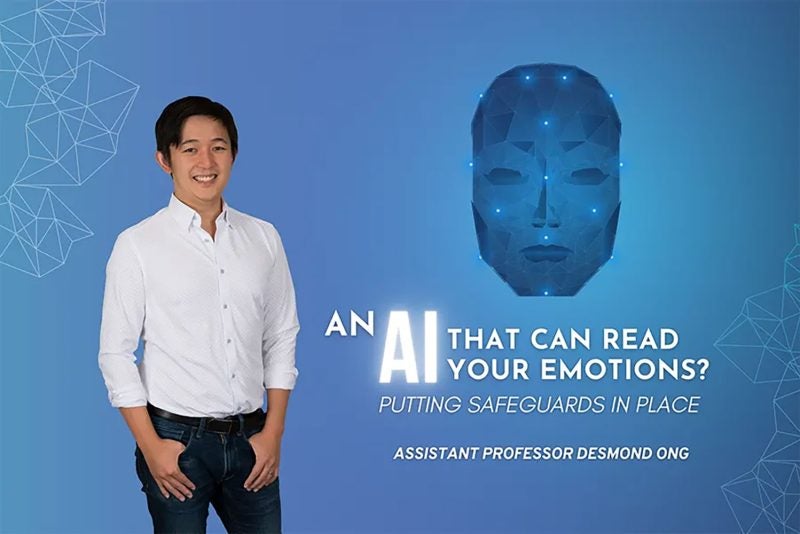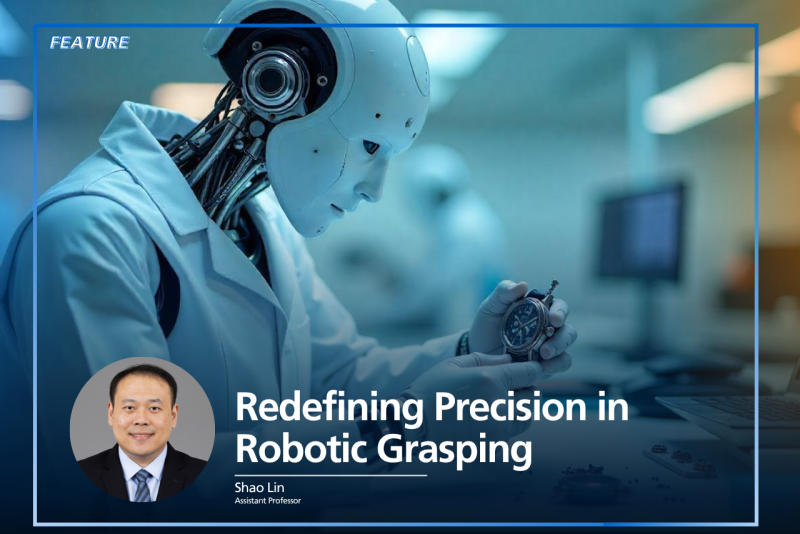In a world increasingly reliant on artificial intelligence (AI) to answer questions, write content, and provide guidance, one of the most quietly vexing challenges has remained: how do you teach a large language model (LLM) something new—without it forgetting or distorting what it already knows?
As AI systems become part of our everyday lives—from search engines and customer service bots to medical assistants and legal aides—ensuring their knowledge is current and reliable is vital. But as researchers have discovered, updating a model’s knowledge without damaging its prior understanding is trickier than it sounds. In fact, most current approaches to teaching LLMs new facts tend to do so at the cost of erasing, or “forgetting,” previously learned information. This problem only worsens as more edits are applied in sequence.
Enter AlphaEdit, a breakthrough approach developed by KITHCT Chair Professor Chua Tat Seng in collaboration with researchers from the University of Science and Technology of China. The work, which focuses on a mathematically grounded solution to knowledge editing, proposes a surprisingly elegant and efficient way to update language models without undermining their existing understanding. Their paper, entitled “AlphaEdit: Null-Space Constrained Knowledge Editing for Language Models”, was recently awarded the Outstanding Paper Award at the International Conference on Learning Representations (ICLR 2025) held at Singapore EXPO.
The best part of AlphaEdit? According to the researchers, the fix might come down to a single line of code.
Why Editing AI Knowledge Is Harder Than It Looks
Large language models like GPT or LLaMA are massive neural networks trained on vast amounts of text. Once trained, these models can generate human-like responses to prompts, making them incredibly versatile. However, one of their biggest flaws is that they sometimes confidently provide inaccurate information—what AI researchers refer to as “hallucinations.”
To combat this, researchers and developers have sought methods to update the internal knowledge of these models without having to retrain them entirely. This is where “model editing” comes in: the idea is to make precise changes to the LLM’s memory so it produces correct answers when asked about updated facts.
However, most editing techniques face a serious trade-off. When you teach the model something new—like that the latest Olympic Games were held in Paris, not Tokyo—it often comes at the cost of interfering with related facts or, worse, degrading the model’s overall performance. When this is done repeatedly, the model’s reliability can break down, a phenomenon known as “model collapse.”
This becomes a huge problem for any application that relies on AI to stay accurate over time. News organizations, scientific researchers, legal databases, and educational tools all need language models that can stay current without losing foundational knowledge.
AlphaEdit: A Surgical Strike for Model Updates
What makes AlphaEdit stand out is how it handles this trade-off between teaching new facts and preserving old knowledge. Its core innovation lies in a clever use of linear algebra—specifically, the concept of a null space.
Let’s break that down.
In simple terms, imagine the knowledge stored inside a model as a web of connections. When you try to add something new, you risk tangling up the web, pulling other connections out of place. AlphaEdit avoids this by projecting updates in a direction that doesn’t interfere with the rest of the web—into the null space, where the new information doesn’t disturb the old.
This projection ensures that the new knowledge only affects the targeted portion of the model and leaves everything else untouched. Think of it like a surgeon making a precise incision while avoiding any vital organs. Even better, the process is so efficient that it adds virtually no overhead to existing editing workflows.
From Math to Meaning: How AlphaEdit Works
Under the hood, language models operate by predicting the next word in a sentence based on the words that came before. To do this, they use structures called feedforward networks and hidden states—basically the model’s memory and decision-making machinery.
When editing knowledge, older approaches would adjust the model’s internal weight matrices to associate new input with a new output. But these edits often inadvertently affect unrelated associations elsewhere in the model.
AlphaEdit changes this by introducing a projection step. It first computes the “safe zone”—a null space derived from the knowledge the model should retain. Any changes made to the model’s internal weights are then mathematically constrained to this space. The result is an edit that accomplishes the update without spilling over into unrelated areas.
And here’s the kicker: this constraint can be implemented with just one additional line of code in many existing editing frameworks.
Real-World Testing: Does It Actually Work?
To validate their approach, the NUS researchers subjected AlphaEdit to a rigorous series of tests. They used multiple well-known language models—LLaMA3, GPT2-XL, GPT-J—and benchmark datasets like Counterfact and ZsRE that are designed to test whether a model can accurately and consistently update knowledge.
The results were remarkable.
AlphaEdit outperformed all existing editing methods across multiple metrics. It not only learned new facts more effectively (a measure called “efficacy”) but also retained the ability to generalize that new knowledge to related questions. Most impressively, it preserved unrelated knowledge and maintained overall fluency in the model’s output. In one case, AlphaEdit showed a 36.7% performance boost over the next-best method on the LLaMA3 model—a massive improvement in this space.
Even under heavy editing—up to 3,000 sequential updates—AlphaEdit maintained the model’s general language understanding, as measured by the widely used GLUE benchmark. Competing methods showed noticeable performance declines under the same conditions.
A Portable Upgrade for the AI Industry
What makes AlphaEdit especially exciting is its ease of integration. Since its core innovation relies on a simple mathematical projection, the method can be incorporated into other editing frameworks with minimal code changes. The researchers demonstrated this by adding AlphaEdit’s projection step into existing methods like MEMIT and ROME. The result? Significant performance gains across the board.
This means that companies already using AI in production environments could potentially boost the reliability and longevity of their models without needing to overhaul their entire system.
Applications Across Industries
The implications of AlphaEdit extend far beyond academic benchmarks. In healthcare, where AI is used to interpret medical records or recommend treatments, keeping models updated with the latest research without losing older validated knowledge is essential. AlphaEdit could help ensure that updates about new treatment protocols or drug interactions don’t interfere with established best practices.
In law, where case law and statutes evolve continuously, AlphaEdit could allow AI assistants to remain current without rewriting or corrupting their foundational legal knowledge. Imagine a legal chatbot that learns about a new ruling and integrates it without losing track of previous precedents.
In education, AlphaEdit could allow personalized tutoring models to adapt to each student’s progress, updating their responses as needed without losing track of the broader curriculum.
And in journalism, where facts are updated by the minute, AI writing assistants could learn corrections or breaking news events in real time while preserving their understanding of historical context.
The Broader Vision: Trustworthy, Evolving AI
Perhaps the most profound implication of AlphaEdit is what it says about the future of AI: systems that evolve gracefully.
The current norm in AI is to retrain or fine-tune models on large batches of data to correct or add information. This is expensive, time-consuming, and, as we’ve seen, risky in terms of unintended side effects. AlphaEdit’s approach suggests a different paradigm—one in which AI systems can be updated continuously and safely, like editing a digital encyclopedia one entry at a time.
Such a capability would mark a shift in how we interact with and trust AI. Rather than being static tools frozen in time, language models could become living knowledge systems, responsive to the world while retaining the deep knowledge they’ve already acquired.
Looking Ahead: A Step Toward Safer, More Controllable AI
The researchers behind AlphaEdit also note that their approach could be generalized beyond knowledge editing. The principle of null space projection—making targeted changes while preserving everything else—could be applied to other challenges in AI, such as aligning models with human values, improving safety without reducing performance, or adapting models to new tasks while retaining general skills.
As the capabilities of language models continue to expand, the need for reliable and interpretable methods of control will only grow. AlphaEdit offers a compelling example of how mathematical insights can unlock practical solutions to complex engineering problems.
In a field often dominated by raw scale and brute-force computation, AlphaEdit is a reminder that elegance and precision still have their place—and that sometimes, the right answer can be just one line of code away.
Further Reading: Fang, J., Jiang, H., Wang, K., Ma, Y., Shi, J., Wang, He, X., Chua, T.-S. (2025) “AlphaEdit: Null-Space Constrained Knowledge Editing for Language Models,” Thirteenth International Conference on Learning Representations (ICLR 2025), April 24-28, Singapore.







